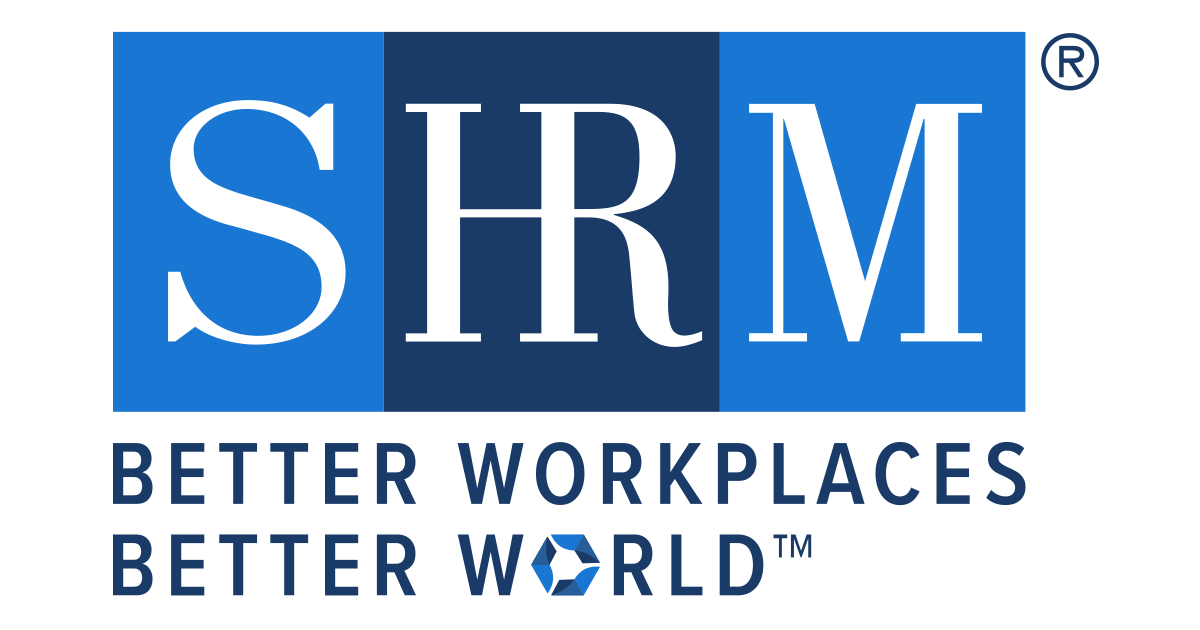R.E.S.P.E.C.T.
I was asked by a prospective client recently, “What does it take to retain employees?”. With unemployment as low as it is and people exiting the workforce at record levels, it’s a question everyone is asking in today’s challenging times.
There are a few possible answers to this, and the first one that might come to mind is money. While a competitive wage is essential, it’s not everything, and job seekers are requiring more than just attractive pay.
They want respect.
Without people, businesses would not exist, as the workforce is currently coming to that realization. Employees are evolving into their own consumers. Just like today’s consumers have hundreds of choices when it comes to ice cream flavors, they have even more when it comes to employers.
Showing respect may sound simple, but it’s easier said than done and requires effort from the highest position within a company to the lowest. Not only does it take intentionality, but it also takes practice. For some, respect comes easy, while for others it is more of a challenge. Respect should be engrained in the company culture and continuously improved upon.
Here are four great ways to begin improving mutual respect levels amongst employees with a focus on acclimating new hires:
1. Names are important This may sound like a no-brainer but learning a person’s name is very difficult for a lot of people. Calling a person by their name, especially when they are new, is an immense sign of respect. There are several ways to get a new employee acclimated and create a great welcoming atmosphere. For example, develop an employee buddy system where a company veteran is paired with a new employee for their first few weeks. They can take breaks together, eat lunch with one another, and have regular check-ins to make sure the new employee is adjusting well and feeling at ease. Veteran employees who are committed to the long-term success of the company can do wonders in establishing a respect-giving connection and environment for newcomers.
2. Communication Disrespectful and combative communication is one of the easiest ways to run someone off. Disgruntled employees, rumors, and more can wreak havoc on the likelihood of success when it comes to new employees. No one wants to stay at a workplace where they are talked down to, yelled at, or simply not treated with value. Patience with new employees is key when it comes to retention.
We’ve all been new at some point or another. Think about the grace that was extended to you. Or maybe even the lack of. To be better, you must do better. We should seek to understand before being understood. Most of the time, new employees simply don’t understand their new environment. The nuance of their new employers’ processes and the unique personalities of their new coworkers is a vast undertaking – something that can’t be figured out in a day or two. Before correcting them, extend some grace and try to understand why or what they did before communicating the proper expectations. Be very sure to explain the “why”. New employees are exactly that - new. They don’t show up with the intention of doing things wrong, or in a different way. Explaining the “why” behind things helps individuals better understand their new surroundings. Better understanding leads to higher levels of comfort. Higher levels of comfort lead to higher employee retention.
3. Live by the Platinum Rule The golden rule says to treat people the way you would like to be treated. The Platinum Rule says to treat people the way they want to be treated. It is a small, but crucial difference. Everyone is different, so you can’t assume that people want to be treated the same way you would. Each person is unique, with their own personality and unique circumstances. Take time to truly get to know your new employees. Learn a little bit about who they are, their strengths/weaknesses, and how they work best. Take it a step further and get to know simple things like where they grew up or their favorite color. When you take the time to truly get to know someone, it makes a world of difference for them. That simple act could be the difference between your employee feeling valued and feeling unimportant, ultimately leaving you vulnerable to an empty position. Ensuring that your managers practice the Platinum Rule will help to build mutual respect and create a work environment that is the most conducive to happiness, success, and productivity.
4. Inclusivity Including new employees across all aspects of the business shows trust and respect. Include them in meetings and ask their opinions. Take it a step further and encourage participation. Just because they are new, doesn’t mean they don’t have ideas, and great ones at that. Including new employees and listening to them is an instant sign of respect, one that often doesn’t go unnoticed.
People stay where they are respected and treated well. Mutual respect ensures your employees are comfortable. What’s the likelihood you would leave a job where you are comfortable? Do people in general like stepping outside their comfort zone?
Without question, engraining mutual respect throughout all levels of your company will lead to higher employee retention.








